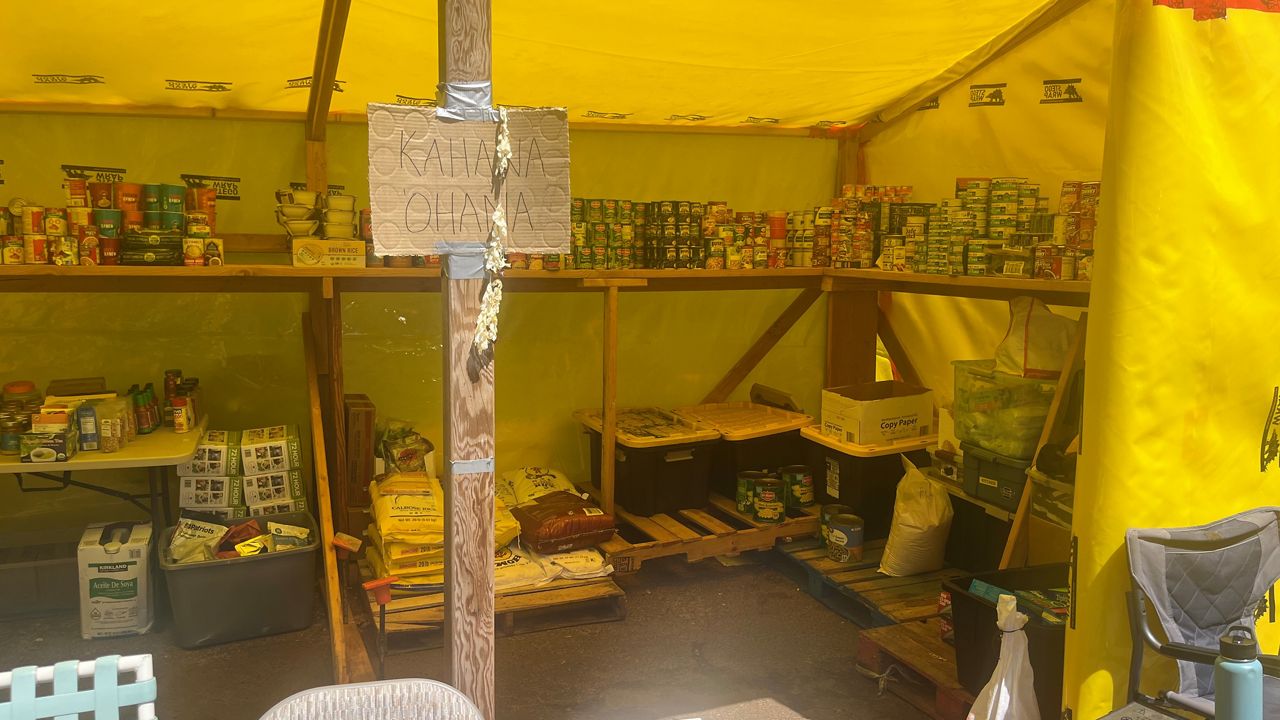From physical and mental health to employment and housing, the Maui wildfires exacted a significant and ongoing toll on West Maui residents, according to a new study by the University of Hawaii Economic Research Corporation and the John A. Burns School of Medicine.
The study, conducted in partnership with many community and health organizations, surveyed 679 participants (about two-thirds of whom lived in Lahaina at the time of the fires) mostly in February 2024. The study was undertaken to fill what investigators identified as a “critical gap in knowledge about the effects of environmental hazards and socioeconomic challenges on the health of those affected by the wildfires.”
The ongoing study will monitor, analyze, and address the impact of the fires on acute and chronic health and social conditions over the next 10 years.
Among the key findings, the investigators found that greater than 40% of respondents reported difficulty in getting medical care and medications in the aftermath of the fires, a significant increase over the roughly 10% who reported such problems before the fires. Over 13% of respondents—and 38% of Hispanic respondents—reported that they lacked health insurance.
The study also founds serious health impacts from the fires among respondents.
Some 46% reported a decline in health compared to a year ago. The study’s authors noted that these health outcomes “could deteriorate further if difficulties in accessing care and lack of health insurance are not addressed.”
Nearly three-fourths of respondents face heightened risk of cardiovascular disease because of elevated or prehypertension due to exposure to smoke, ash and debris from the fires. Up to 20% of study participants may find their kidney function compromised and up to 60% may suffer from poor respiratory health, according to the study.
The mental health findings were likewise grim, with a more than half of participants experiencing symptoms of depression. About 30% of respondents indicated they experienced symptoms of moderate to severe anxiety. Respondents also elevated levels of low self-esteem (35%) and suicidal thoughts (4.4%).
Participants continue to struggle with housing, the study found. Just over a third reported that they still live in the same home did before the fires, while 56% are in temporary housing and another 10% have found new permanent residences.
About half of respondents lost their employment in the immediate aftermath of the fires. While 80% of these workers have since found new employments, 74% reported a reduction in household income.
Also, 47% of households reported experiencing low food security, a rate higher than previous rates reported locally and statewide.
The study confirmed the importance of grassroots groups in disaster response. Study participants reported that they trusted and depended on community organizations more than they did the Federal Emergency Management Agency or local government after the fires. According to the study’s authors, this preference reflects “community resilience, with high levels of perceived social support correlating with better mental health and fewer medical access challenges.”
Based on their initial findings, the investigators recommended focusing on expanding access to health care and health are insurance; enhancing medical capacity and accessible interventions while reducing patient costs; ensuring stable, long-term housing for displaced survivors; strengthening community networks and asking local organizations to provide culturally sensitive support; and developing strategies to help the most vulnerable individuals, including those low-income and/or food-insecure households, immigrants, people with physical and mental health conditions, and people with disabilities.
Michael Tsai covers local and state politics for Spectrum News Hawaii. He can be reached at michael.tsai@charter.com.



